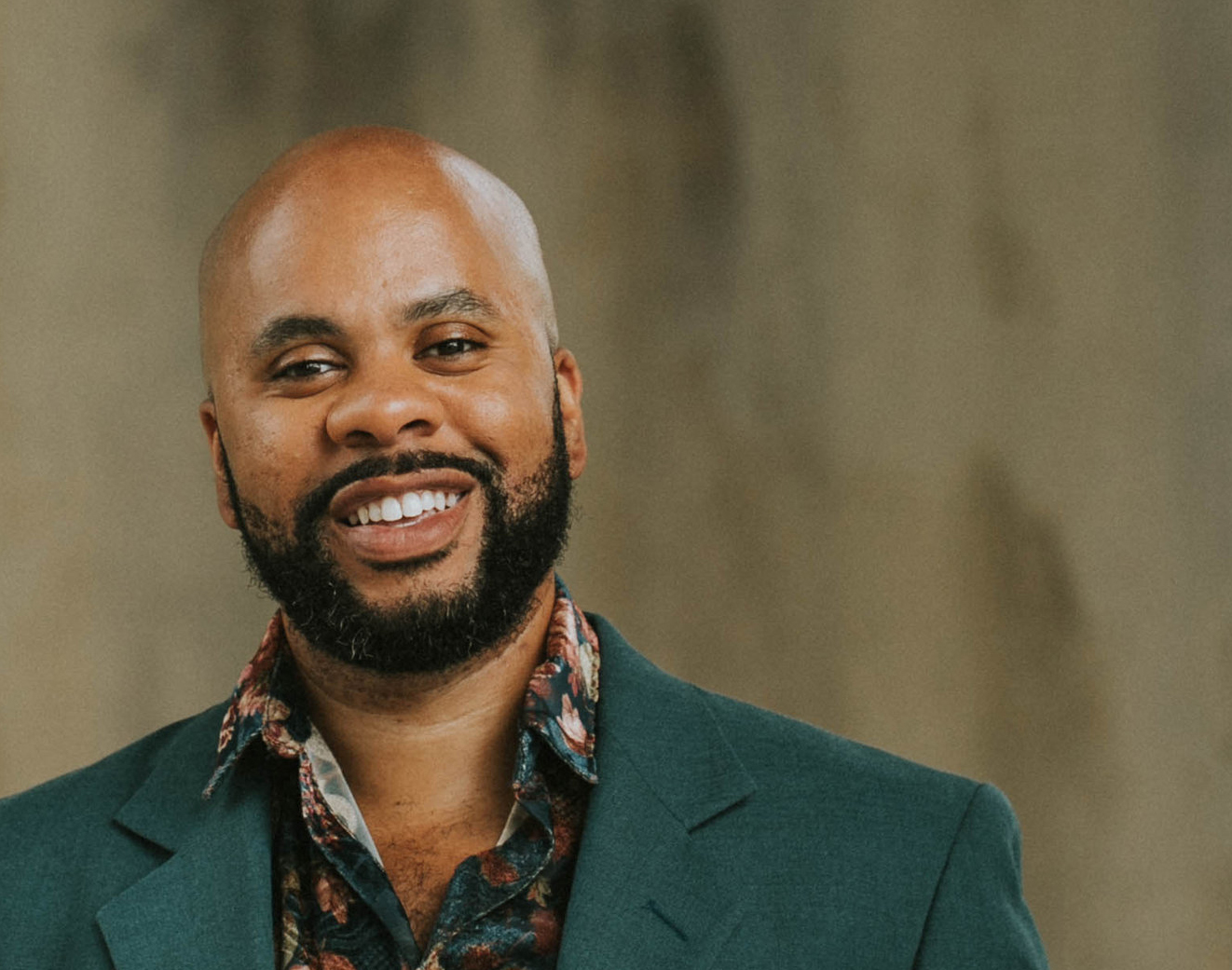A long-standing neighborhood relationship is facing challenges due to a neighbor’s storytelling habits. The neighbor, a respected university professor, has developed a tendency to share lengthy narratives, often dominating conversations without regard for the interests of his friends. This has left some residents feeling frustrated and seeking advice on how to handle the situation.
Residents describe the professor as a well-known figure in his academic field, yet his self-proclaimed role as a raconteur has led to awkward social interactions. When he visits, he frequently launches into elaborate tales about his past or current events, believing he is captivating his audience. Unfortunately, many find these monologues tiresome and uninvited.
Responding to a plea for guidance, Eric Thomas, a writer known for addressing interpersonal dilemmas, suggested a few strategies. He recommended gently redirecting the conversation when the professor begins to dominate. For instance, one could say, “Hold that thought; we were discussing something else. Would you like to join us?” This approach encourages a more balanced conversation without alienating the neighbor.
Thomas emphasized that a good storyteller should be attuned to their audience. He noted that a “good audience is different from ‘literally anybody who is within earshot.’” By subtly adjusting expectations, friends can help the professor recognize that they are not merely passive listeners but rather active participants in a mutual friendship.
The professor’s habit of neglecting to inquire about the lives of his neighbors exacerbates the situation. This lack of engagement has left some feeling that the relationship is one-sided. Acknowledging these feelings may be crucial in fostering a healthier dynamic.
In a related scenario, a reader expressed concern over an interaction with a friend regarding a compliment. The individual complimented their friend Steve, who is of a different race, by comparing him to a well-known actor. Instead of receiving it positively, Steve felt offended and requested a retraction, citing a racial undertone.
Thomas advised the reader to clarify intentions, stating, “I meant no harm by what I said, and I’m sorry that it offended you.” This simple acknowledgment could help mend the relationship and prevent further conflict. Engaging in a deeper discussion about Steve’s feelings might also lead to a more profound understanding between friends.
These exchanges highlight the complexities of modern relationships, particularly in diverse social environments. Communication styles vary widely among individuals, and misinterpretations can lead to unnecessary friction. As people navigate their social circles, the importance of empathy and active listening becomes increasingly clear.
In a lighter anecdote, another reader shared their experience of sending a wedding gift to a friend’s son despite not being invited to the ceremony. This act sparked a conversation about differing perspectives on gift-giving and social obligations.
The response illustrates that people may have varied interpretations of social norms, reinforcing the idea that gifts should be seen as expressions of goodwill rather than obligations tied to invitations.
Relationships, whether with neighbors or friends, require ongoing effort and understanding. As individuals work through their communication challenges, they may find that openness and patience can pave the way for deeper connections and a more harmonious social environment.
For those facing similar dilemmas, Eric Thomas encourages continued dialogue and exploration of feelings, reminding readers that understanding one another is key to fostering lasting friendships.





































































